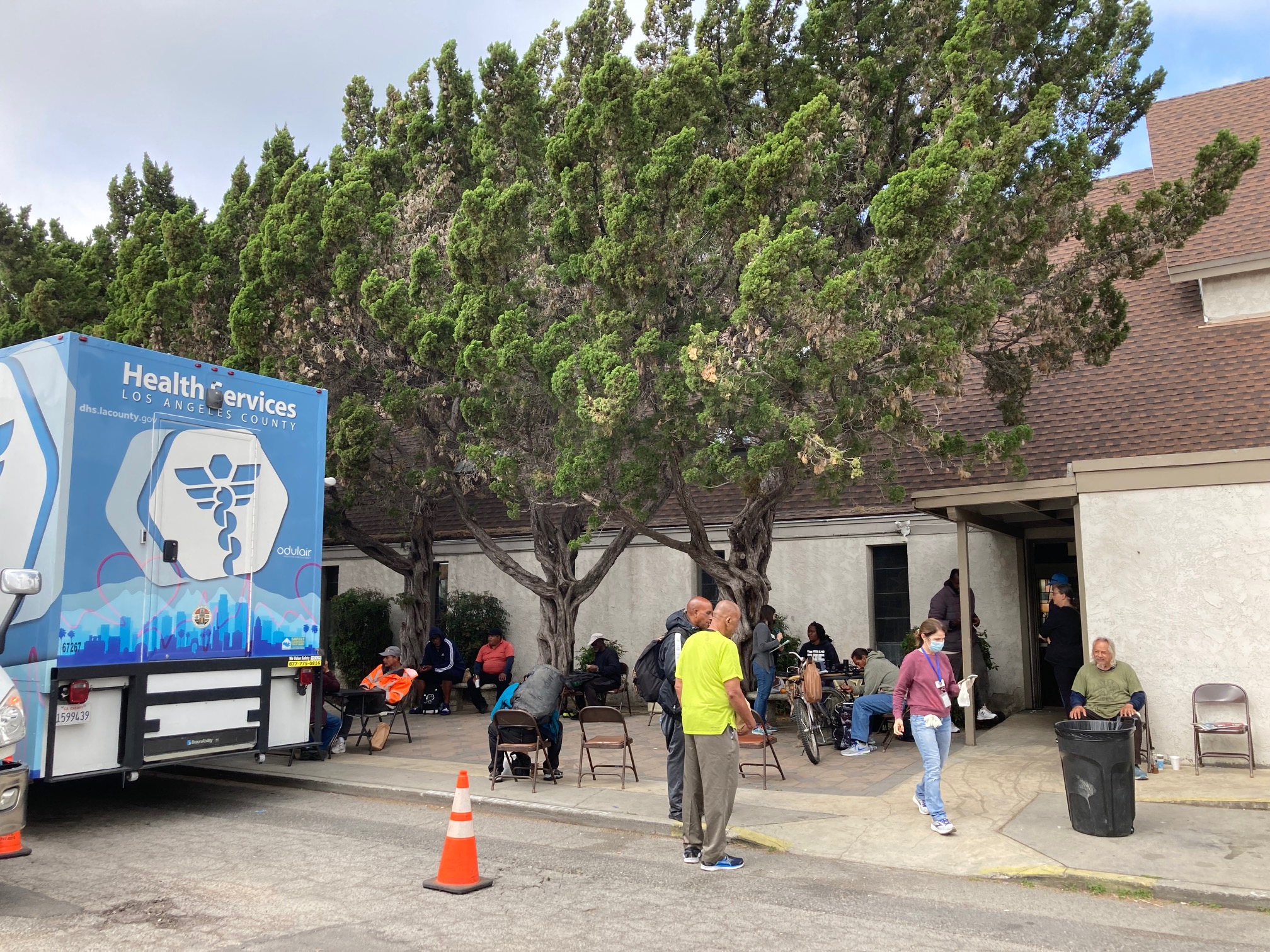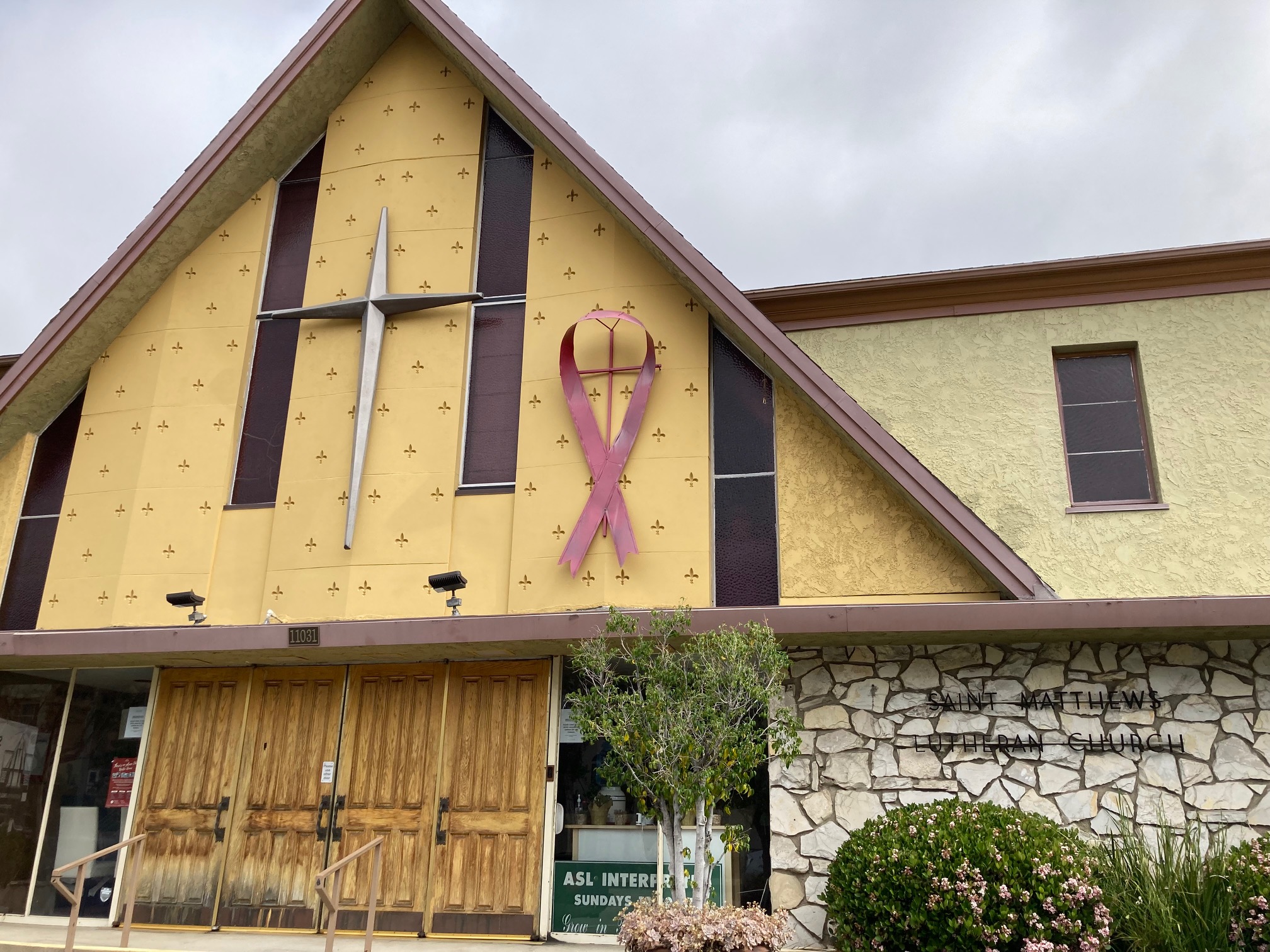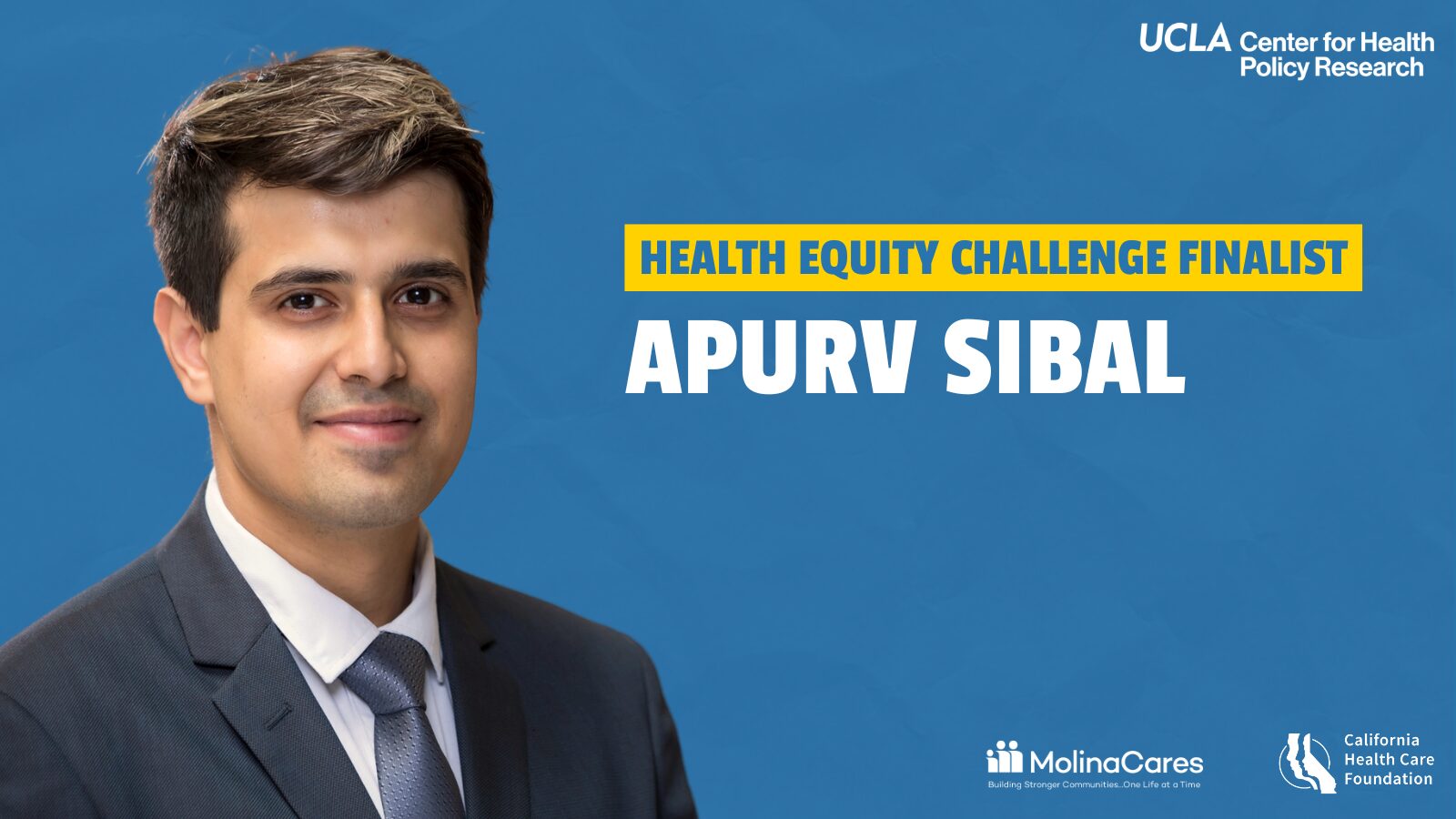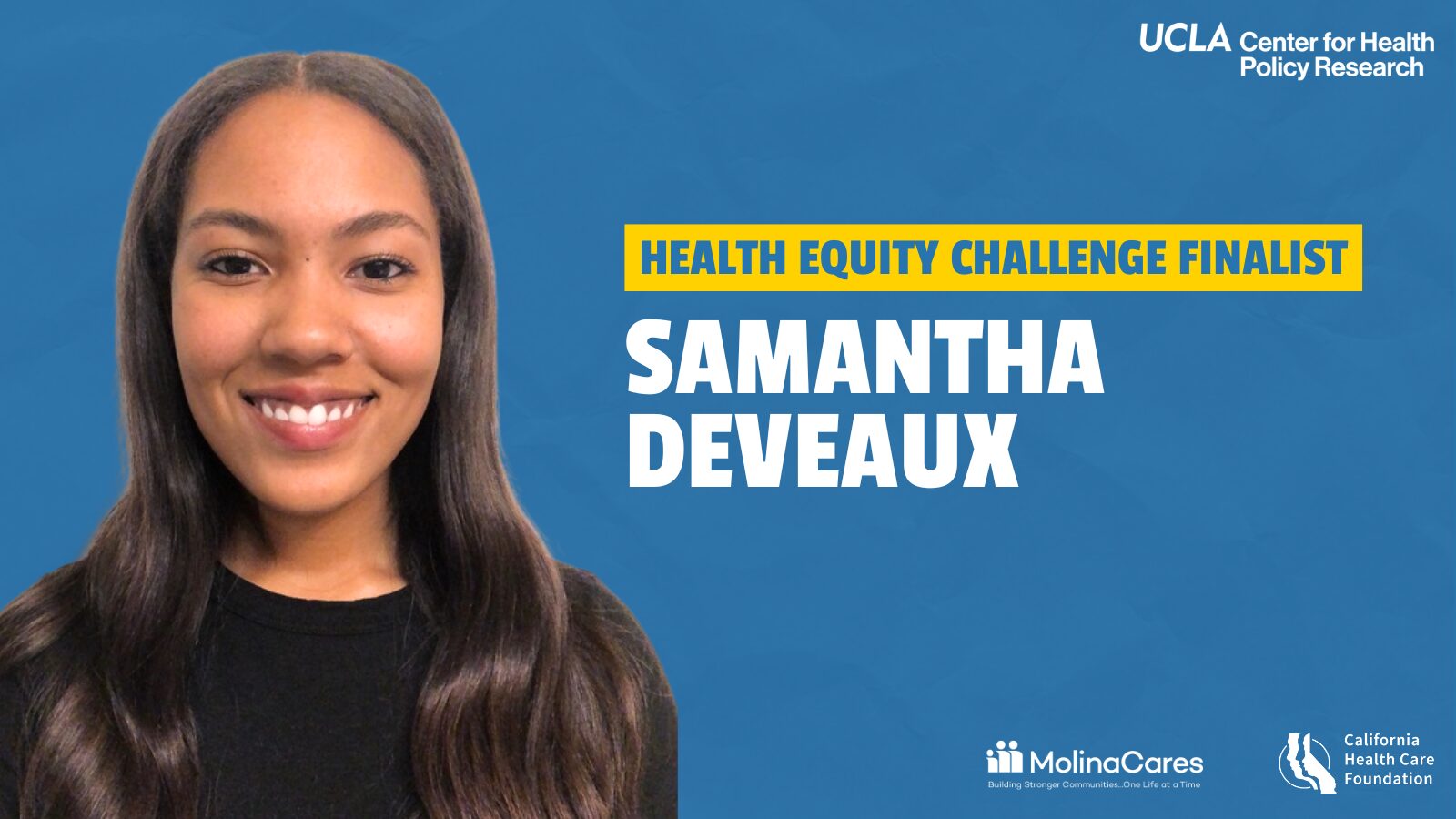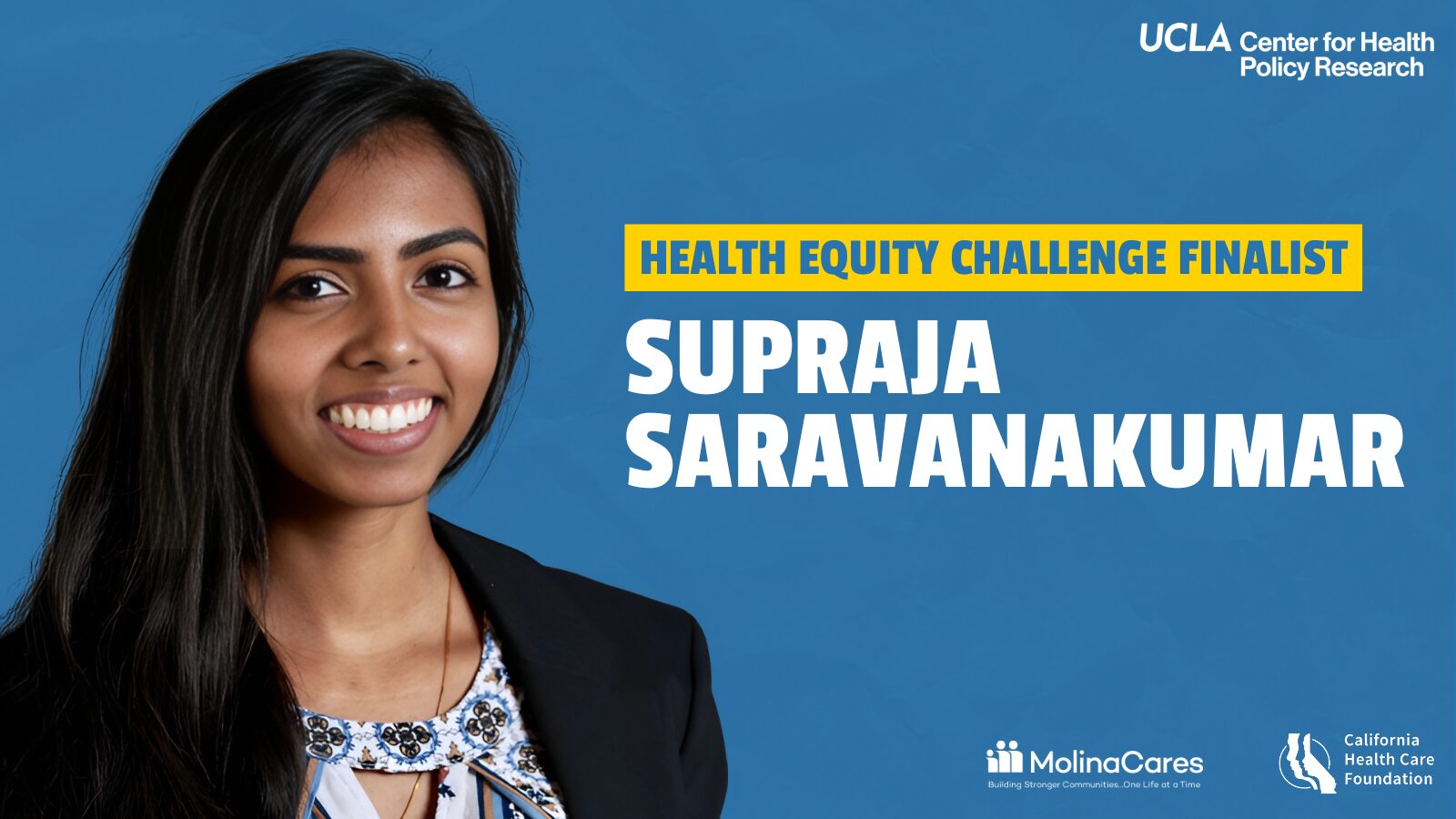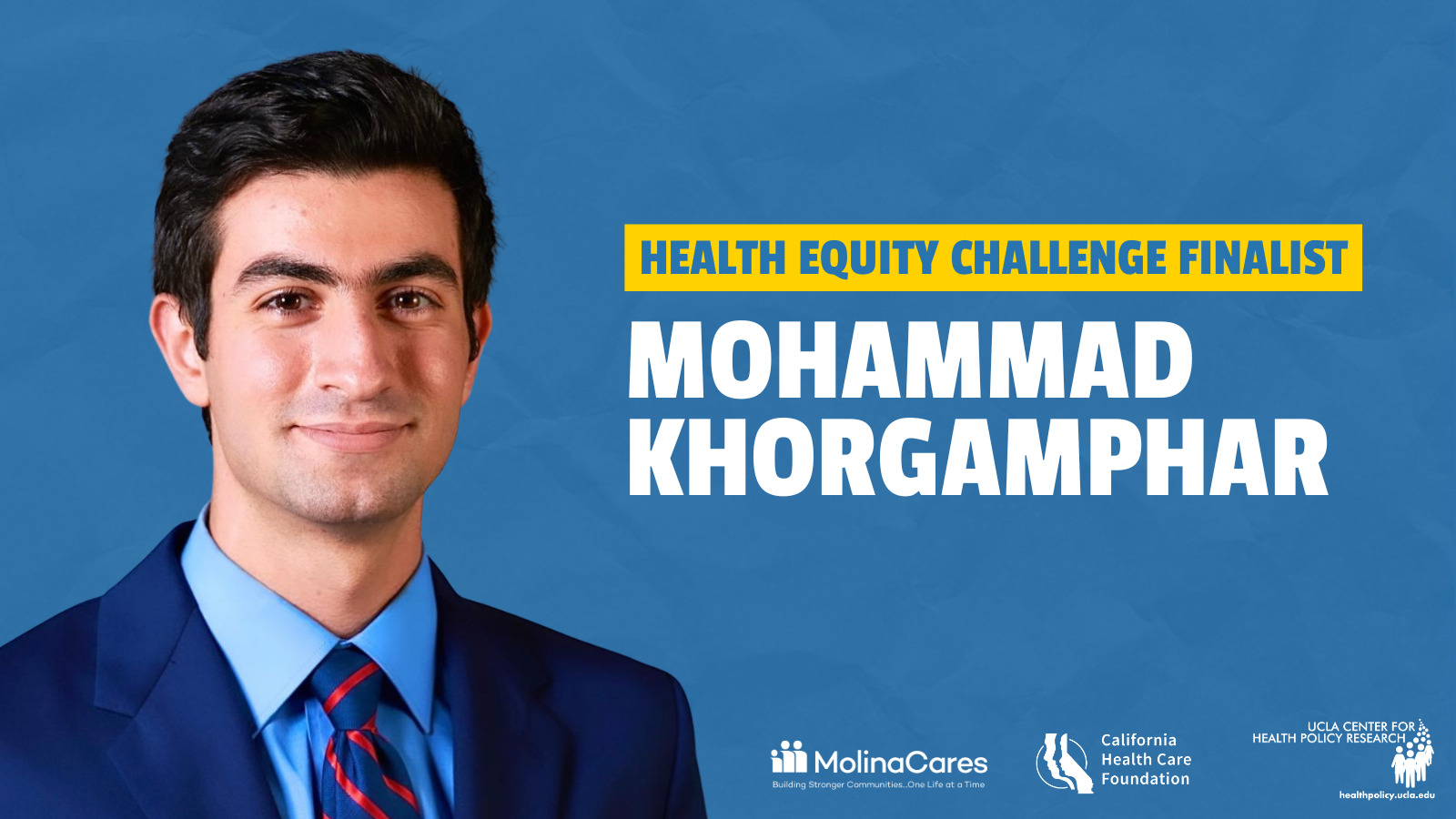
Being voiceless in a world that refuses to listen is a challenge many face. The pain of being ignored, unheard, and treated as an outsider in a community that lacks trust is all too familiar for individuals from minority groups, ethnicities, or lower socioeconomic backgrounds in America. This is a story of those who are left alone, struggling with the difficulties of navigating a health care system that they cannot trust.
As an immigrant and a first-generation graduate student in my family, I could deeply empathize with the pain and suffering of these individuals. While working at the UCLA Ronald Reagan Medical Center, I had the opportunity to connect with patients and learn about their journeys, and their stories inspired me. I cherished every moment of listening to my patients and being there for them. However, not all of these stories had a happy ending.
I heard countless stories from patients belonging to minority ethnicities or groups, including low-income individuals, immigrants, African Americans, and Hispanics, who complained that health care providers did not listen to their concerns. They felt judged based on their educational level, career, nationality, and race.
One particular incident left a profound impact on me. After a long conversation with a patient in the ICU at 3:30 a.m., I learned that they had undergone 15 procedures simply because their voice had not been heard by the provider. It was a difficult night, and I was shocked, saddened, and disappointed. But looking at my UCLA Health ID badge with the quote “Healing humankind one person at a time by improving health, alleviating suffering, and delivering acts of kindness,” energized me to keep pushing forward. At UCLA, we believe in equity, diversity, and working tirelessly to provide the best quality of care and alleviate the pain of all patients.
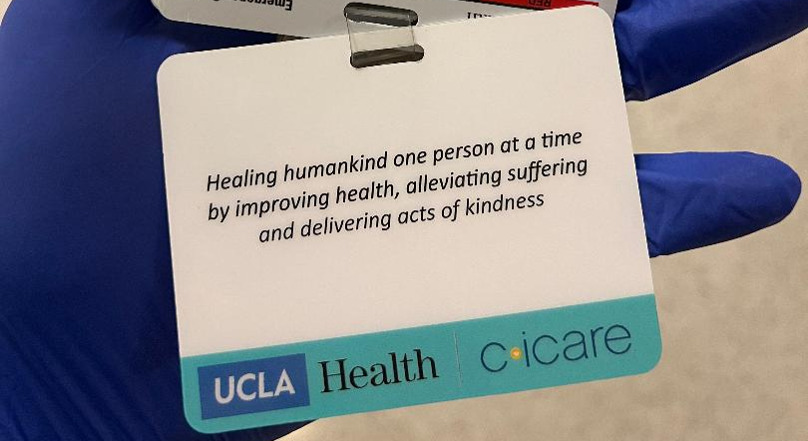
I have always aspired to become a physician because I believe that doctors not only save lives but also have the power to transform lives and give people hope. However, after listening to the stories of my patients, I realized that I wanted to do something greater. I wanted to make a positive impact on my community, which is why I decided to pursue a master’s degree in public health. As I continue my journey in public health and medicine, my goal is to use my knowledge and skills to bridge the gap between minority groups, low-income individuals, and the healthcare system. That’s why I have chosen to join the UCLA Health Equity Challenge, as I believe it is an opportunity for me to propose sustainable interventions that can serve these individuals and help build a brighter future for the next generation.
As a first-year graduate student in environmental health sciences, I strongly believe that environmental justice plays a crucial role in individuals’ health. My intervention focuses on addressing water quality and access to clean water in low-income and minority communities. Clean water is fundamental for the well-being of all individuals, and ensuring its purity is of utmost importance. Unfortunately, many water-related illnesses caused by contaminants such as lead, copper, arsenic, and others take a long time to manifest, making them difficult to identify and treat. These contaminants can result in significant health issues, including compromised immune systems, developmental delays, birth defects, and impaired cognitive function. Such health challenges can prevent children from reaching their full potential in life.
“While working at the UCLA Ronald Reagan Medical Center, I had the opportunity to connect with patients and learn about their journeys, and their stories inspired me. I cherished every moment of listening to my patients and being there for them. However, not all of these stories had a happy ending.”
The water crisis that occurred in Flint, Michigan in 2014, Jackson, Mississippi in 2022, and many other places, are glaring examples of environmental injustice that disproportionately impact minority and lower socioeconomic groups. The issue of the water crisis is significant because it can affect anyone, and as a society, it is our responsibility to care for each other. For my intervention, I am collaborating with LA Physicians for Social Responsibility, a community-based organization that has been actively involved in addressing health disparities in minority and low-income communities. They have a strong relationship with community members, and I aim to work with them to not only provide education, water testing, and filters to community members, but also to use our findings to hold the government accountable and advocate for more services and assistance to these disadvantaged communities.
Drawing from my previous experience in global health case competitions and working with communities and governmental organizations, I am confident in the success and feasibility of this intervention. It is designed with a sustainable loop that will continuously evolve and improve the quality of services we provide to our clients. I am grateful for the opportunity to work with diverse faculty members at UCLA, who have expertise in environmental health sciences, sustainability, and public policy. Their mentorship has been invaluable in identifying challenges and barriers, and has helped me further develop and refine my intervention.
I thoroughly enjoyed every moment of my investment in the UCLA Health Equity Challenge, and I was able to learn a lot from this experience. It was a privilege and an honor to meet and interact with 13 other individuals and their mentors, and I was deeply impressed by their unwavering commitment and passion to make a difference in their communities. As I mentioned earlier, at UCLA (U Can Love Always), we value innovation and service to others as our mission and vision. I am determined to continue pursuing my passion as a future physician and healthcare professional, dedicated to serving others and building a brighter future for everyone. Before concluding my blog, I want to express my heartfelt thanks to everyone for their hard work and support throughout this program. I am truly grateful for being a part of this program, as it has been one of the most enriching experiences of my life.

By Mohammad Khorgamphar
2023 Health Equity Challenge Finalist
Mohammad Khorgamphar is a Master of Public Health (MPH) student in the Environmental Health Sciences and Policy program at the UCLA Fielding School of Public Health. He is also currently an employee at the UCLA Ronald Reagan Medical Center, and his research interests include mental health, access to care, quality of health care delivery, and health disparities.
continue reading
Related Posts
As many as 50% of blind high school students drop out of high school and COVID only exacerbated this problem.
Coming from a low-income community of color, I personally witnessed how generations of systemic racism and economic corruption have led to a powerful mistrust in the health care system.
Postpartum depression (PPD) is a silent struggle for many new mothers, but for South Asian women, cultural stigmas and generational pressures often exacerbate this already challenging condition. As a woman of color and a first-generation college graduate, I have walked a path shaped by the nuances of both my cultural heritage and my academic pursuits.


